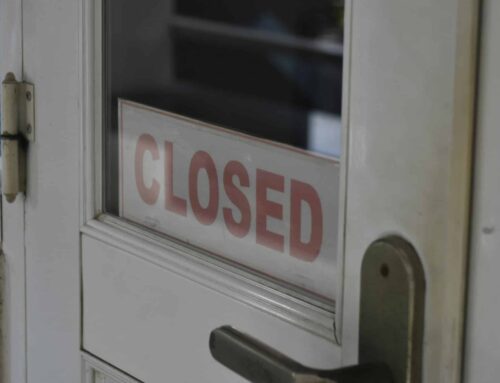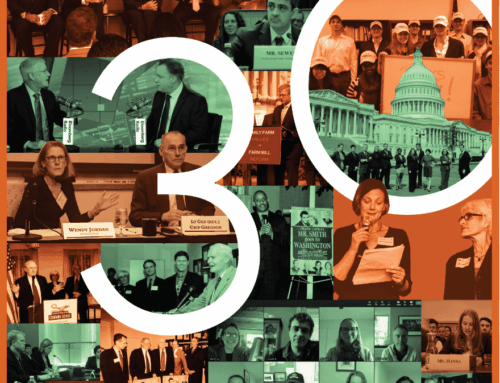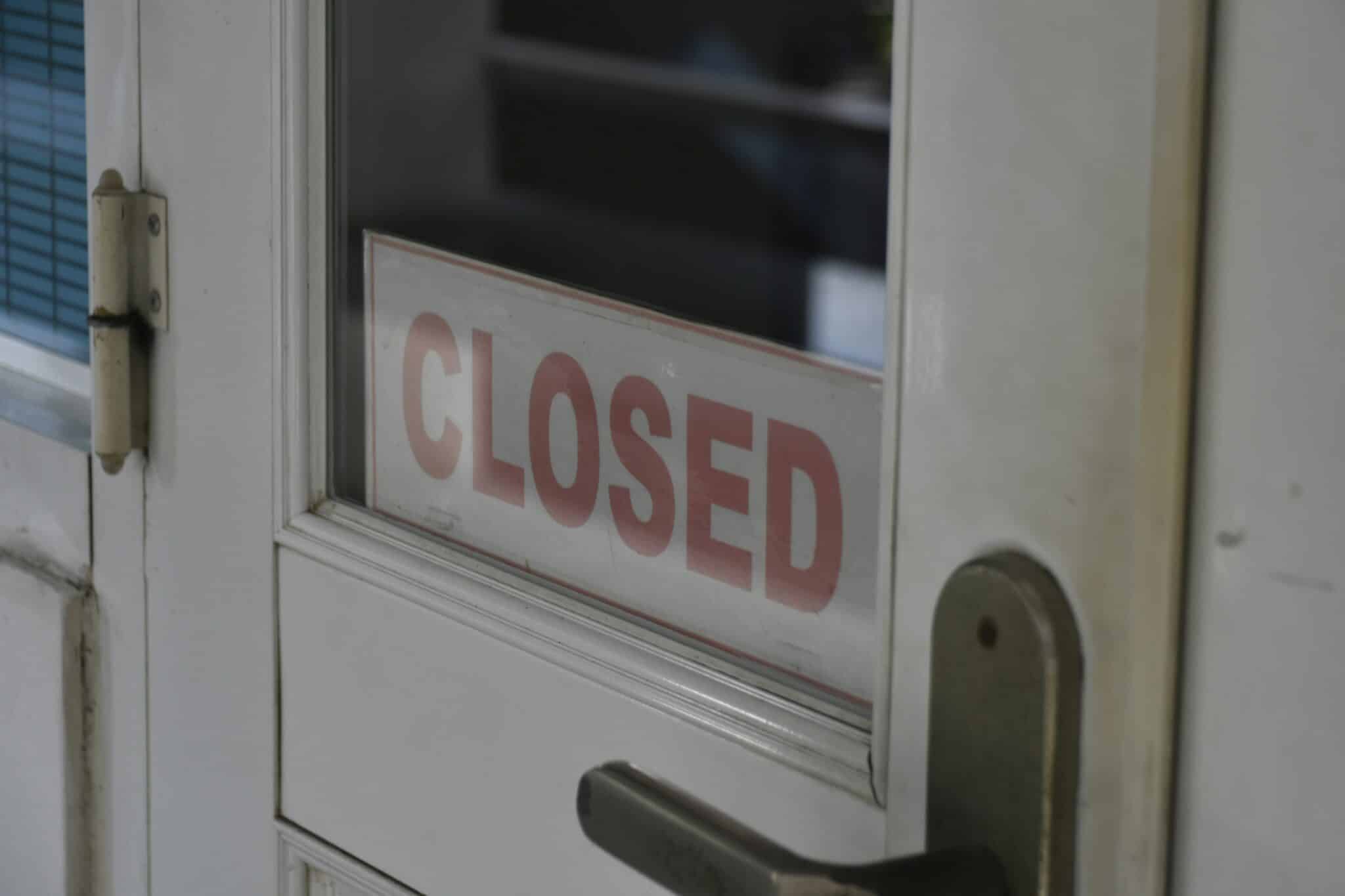If House Armed Services Committee Chairman Buck McKeon (R-CA) has his way, House members will be distracted by the sideshow in his committee when they debate the fiscal year 2013 defense spending bill on the House floor next week. McKeon has called a panel of defense industry CEOs to testify on Wednesday about the havoc the impending sequestration of spending will create on their balance sheets. The timing is no coincidence: Republicans in both houses have been gnashing teeth and rending garments for the past several weeks about the impact sequestration will have on our national security. But in reality their concern seems to be more about the defense industry’s pocketbooks than our nation’s safety.
Last summer, McKeon voted for the Budget Control Act (BCA). This legislation would impose more than $1 trillion in cuts equally divided between the defense and non-defense budgets starting next year in the event that the so-called Super Committee of lawmakers failed to find at least $1.2 trillion in deficit reduction (they didn't). Of the seven senators who sent a letter to 15 defense industry leaders last week asking for details of sequestration's impact on their company's bottom line, three of them also supported the bill.
But when the Defense Department (DOD) submitted a budget in February that would cut back defense spending for the first time in more than a decade in order to meet the BCA-imposed budget caps (albeit only to rise again in following years), Congress started adding money to DOD’s request. The defense spending bill passed by House appropriators in May added $3.1 billion, while Rep. McKeon’s committee added $4 billion to its policy bill and the Senate version padded on another $500 million.
They also shunned the Pentagon’s major cost-cutting initiatives. The bills added millions for upgrades to Abrams tanks the Army doesn’t even want in order to keep the factories going in Michigan, Pennsylvania and Ohio; blocked modest reforms to the TRICARE military health system that would save billions; prevented the retirement of C-27J cargo aircraft; stuffed in money for Navy cruisers and ballistic missile submarines the Pentagon wants to defer; and blocked additional rounds of the Base Closure and Realignment Commission (BRAC).
Yes, voting for and then fighting deficit reduction would seem contradictory. A clue to this puzzling behavior was provided by Lockheed Martin earlier this month with its calculated announcement that most of its 123,000 workers would be warned of potential future pink slips days before the November elections unless Congress stopped sequestration. The company said its advance notifications were compelled by an obscure labor law called the Warn Act , a claim that several legal experts have debunked.
This is particularly galling when you consider that Lockheed, which is almost exclusively dependent on the U.S. government for business, has tens billions of dollars of Pentagon projects in the pipeline . Like most defense companies, Lockheed has enjoyed record profits over the past decade. Capitol Hill is crawling with defense industry lobbyists fighting tooth and nail to prevent a single dollar from fleeing the Pentagon’s coffers—and their own.
There is plenty of waste to cut in the defense budget. Working with the Project on Government Oversight we found nearly $700 billion in unnecessary defense spending over the next decade – far more than DOD would have to shed under sequestration. But don't just take our word for it—every independent deficit-reduction panel convened over the past couple of years, including the Simpson-Bowles fiscal commission and the Domenici-Rivlin report, have recommended that DOD shed $1 trillion by 2021. DOD was halfway there until Congress stopped its progress.
So who is at fault if sequestration occurs? The very same politicians who now so loudly espouse their dedication to our men and women in uniform. They have the power to stop sequestration right now by simply doing what they were elected to do and passing a balanced, responsible budget that cuts $1.2 trillion in spending over the next decade. To borrow a phrase from Lockheed Martin, Congress should never forget who they're working for—taxpayers, not industry lobbyists.
TCS Quote of the Week
“The IRS could and should be doing a lot more to stop big-dollar tax cheats.”
– Sen. Charles Grassley (R-IA) on improving the Internal Revenue Service's (IRS) whistleblower program.










